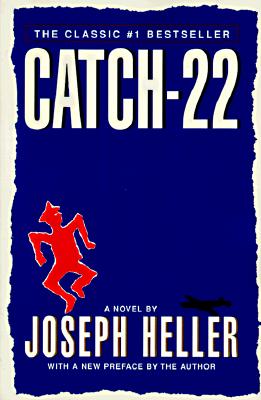
I read Elizabeth Hardwick’s novel Sleepless Nights (New York Review Books Classics)
The back jacket copy of the book calls the book a “scrapbook of memories, reflections, portraits, letters, wishes, and dreams”, and I like this description. It is this, and it is a portrait of a woman as seen out of the corner of the eye. The narrator doesn’t really tell us about her life, she tells us about the lives of the people around her, and we have to read between the lines to figure out who she is. So it seems that we are the ones assembling a scrapbook or collage, sifting through the details that seem to make up this woman’s life. It is an odd experience, reading this way, but I don’t think it’s unpleasant, just different for me. I’m used to a more straightforward narrative, and though it can be frustrating, it is also sometimes like reading poetry.
And as I got to know the narrator, I found that she is, like many writers, an obsessive observer. She is distracted from her own life by watching others, and finds meaning in her own life by watching others. She observes these peripheral characters in her life--people like a young prostitute in her Kentucky town, her homosexual roommate in New York, a guilty, sad woman with a mentally ill son, a neighbor who was an opera singer but becomes a bag lady, even Billie Holliday—she watches them and comments on their pain (mostly their pain, as this is not a book about happy people), and we can tell that she is compelled to do so, and defines herself by doing so.
Hardwick’s minimalist descriptions often pack a real punch. What seems at first to be a mere list of words could eventually bring tears to my eyes.
Here’s a description of life in New York for those of a certain class:
How pleasant the rooms were, how comforting the distresses of New Yorkers, their insomnias filled with words, their patient exegesis of surprising terrors. Divorce, abandonment, the unacceptable and the unattainable, ennui filled with action, sad, tumultuous middle-age years shaken by crashings, uprootings, coups, desperate renewals. Weaknesses discovered, hidden forces unmasked, predictions, what will last and what is doomed, what will start and what will end. Work and love; the idle imagining the pleasure of the working ones. Those who work and their quizzical frowns which ask: When will something new come to me? After all I am a sort of success.She goes on to say: “There was talk about poverty. Poverty is very big this year, someone said.”
But then she goes on to describe poverty on the streets of New York, a very personal description of the bag ladies, who seem somehow emblematic of all women, to Hardwick:
A woman’s city, New York. The bag ladies sit in their rags, hugging their load of rubbish so closely it forms a part of their own bodies. Head, wrapped in an old piece of flannel, peers out from the rubbish of a spotted melon. Pitiful, swollen sores drip red next to the bag of tomatoes. One lady holds an empty perfume bottle with a knuckle on top of it indistinguishable from her finger. They and their rubbish a parasitic growth heavy with suffering; the broken glass screams, the broken veins weep; the toes ache along with the ache of the slashed boot. Have mercy on them, someone.Hardwick's descriptions are always raw, always thought-provoking. As Geoffrey O'Brien says in the introduction to the novel, "The experiences that are evoked, described, brought to life, are at the same time shown to be words, tokens, emblems." I felt that the words, tokens, emblems were beautiful, but sometimes hard to decode.
This is a novel about a woman’s thoughts and observations, and through those thoughts and observations, we get glimpses of her life, but it’s a picture we have to put together ourselves. I found this plotlessness at times frustrating and at times mind-expanding. Sometimes her observations would send my thoughts off on surprising tangents. And the writing was often poetic and beautiful, so I enjoyed reading it, though I didn’t feel it always stuck together as a narrative.
Oh, and I forgot to mention, you can join in the discussion about this book at MetaxuCafe.
























